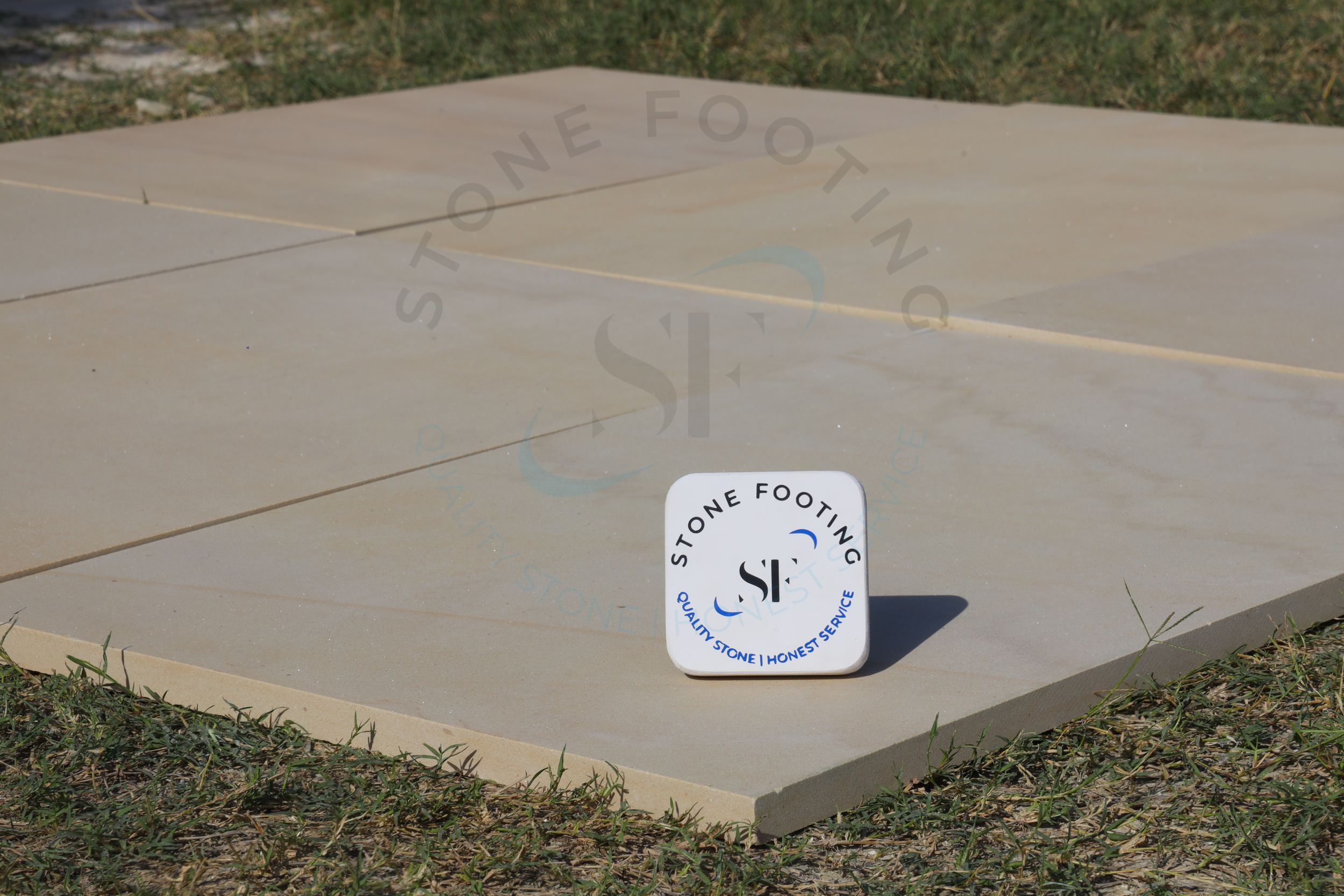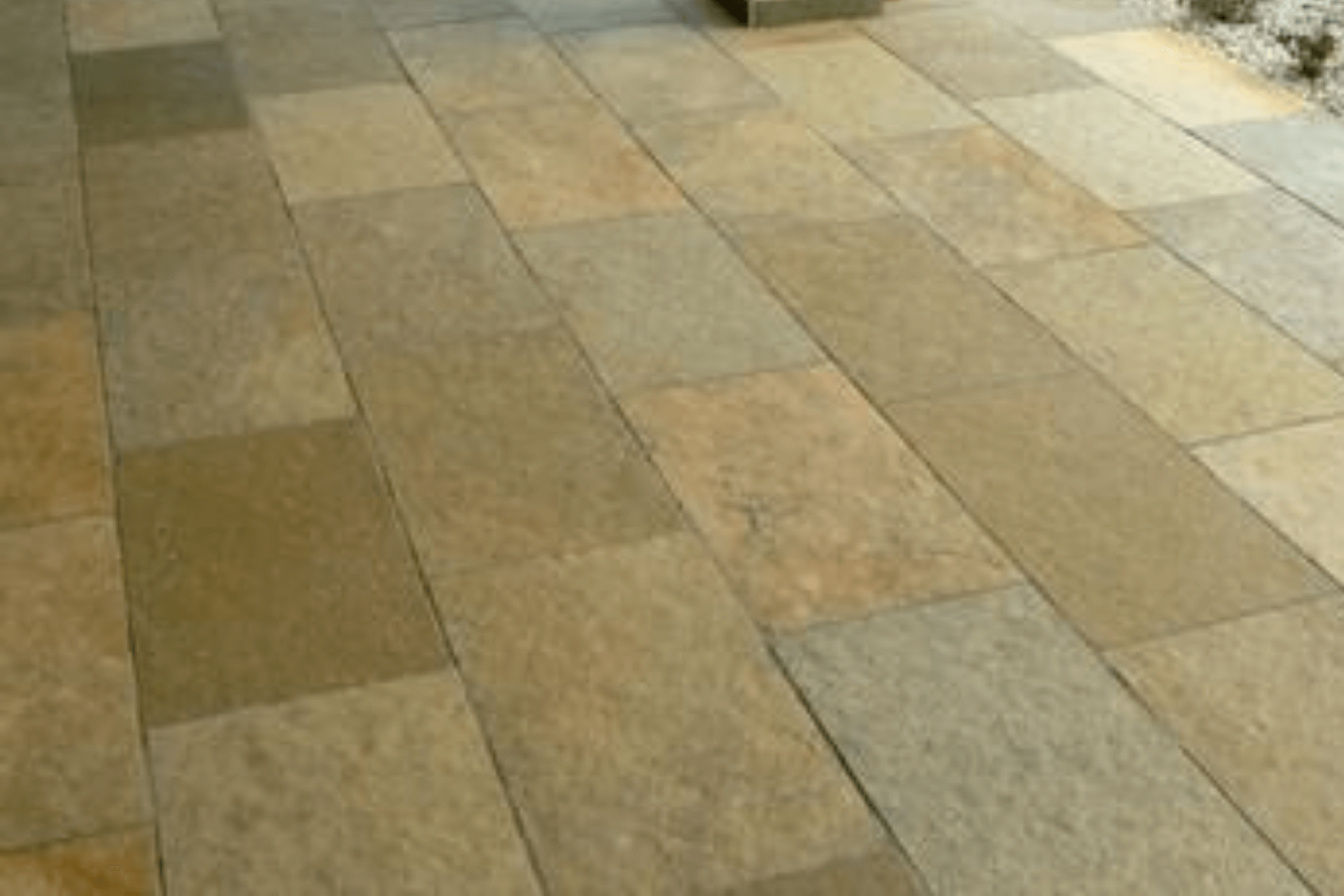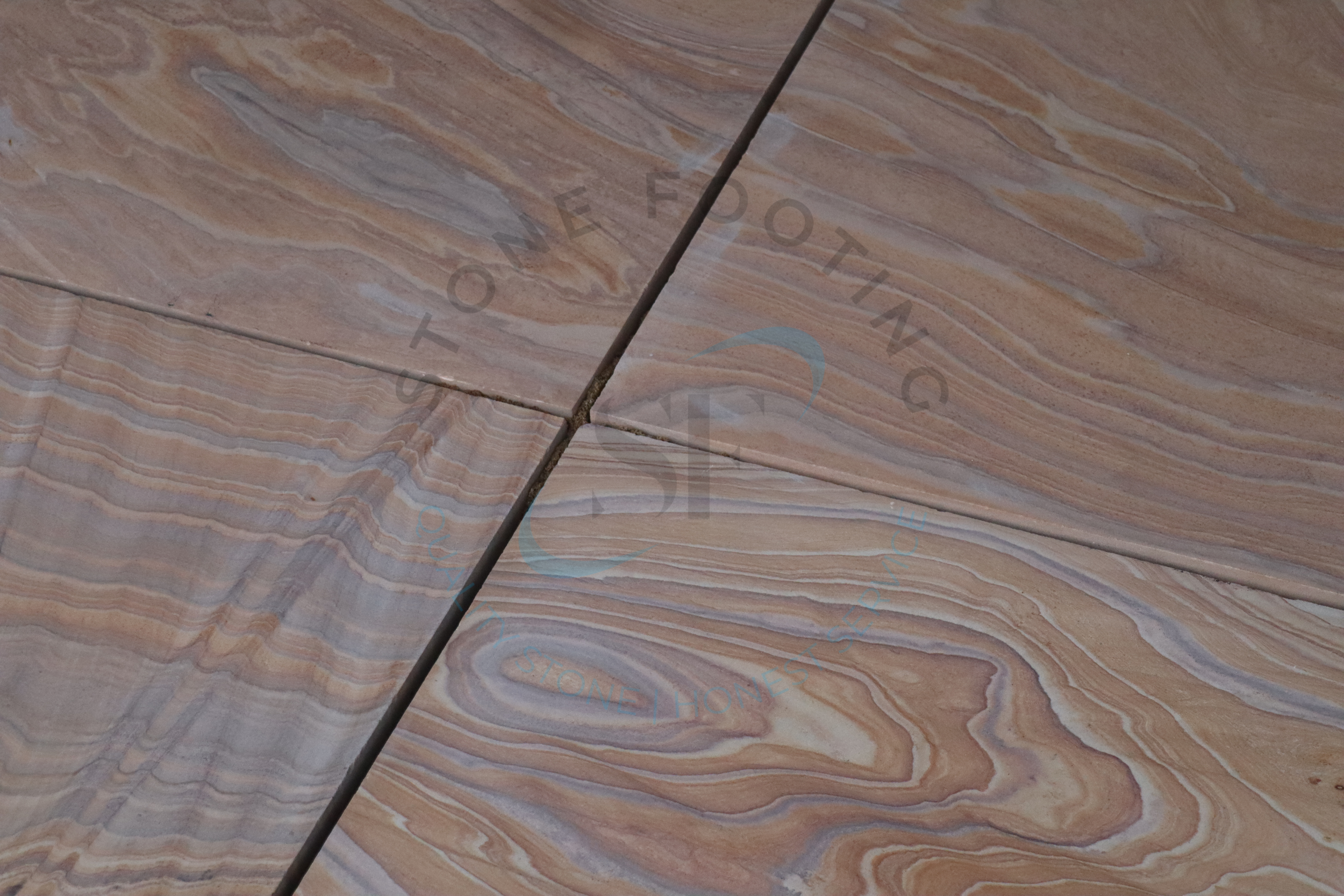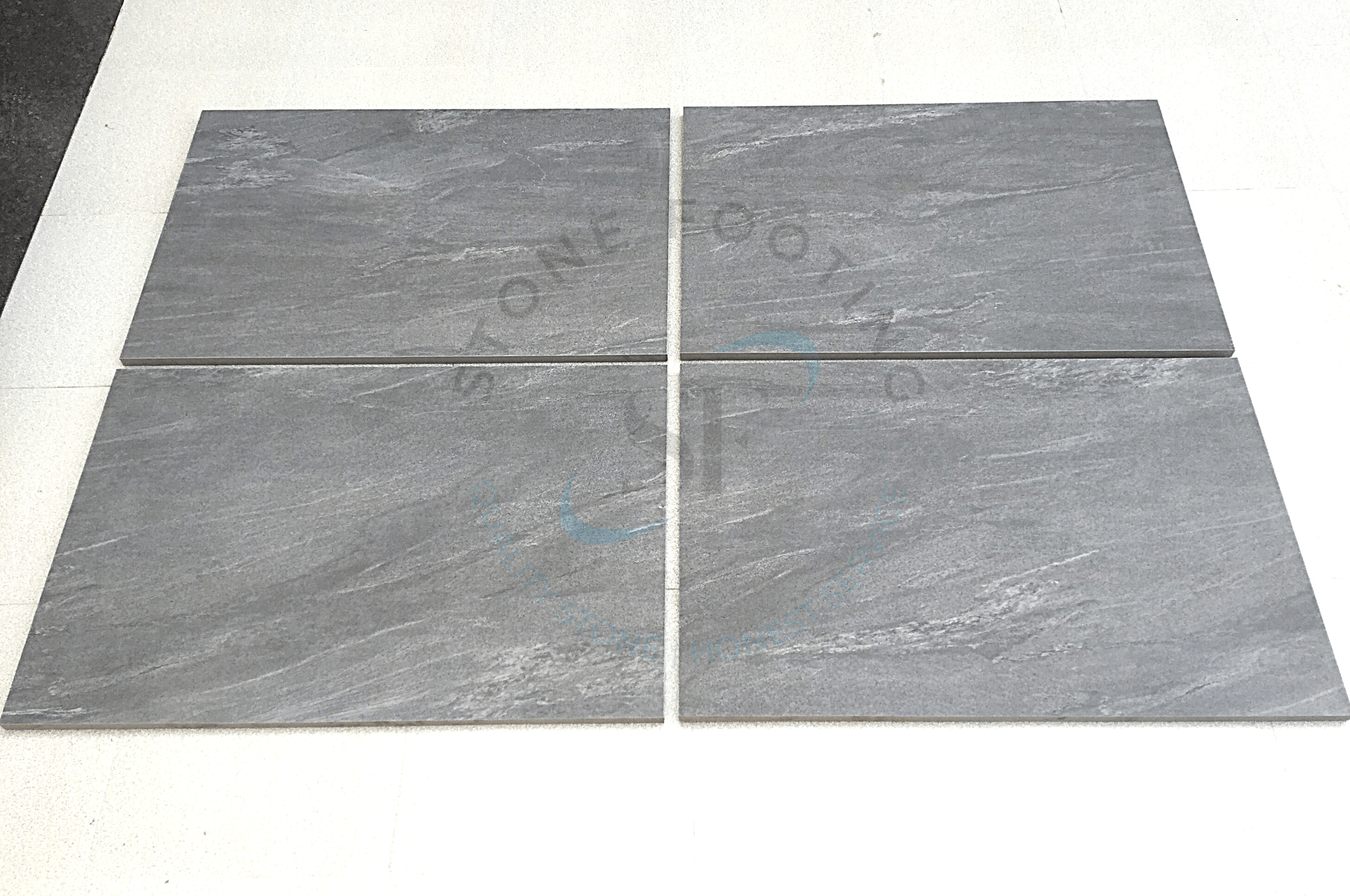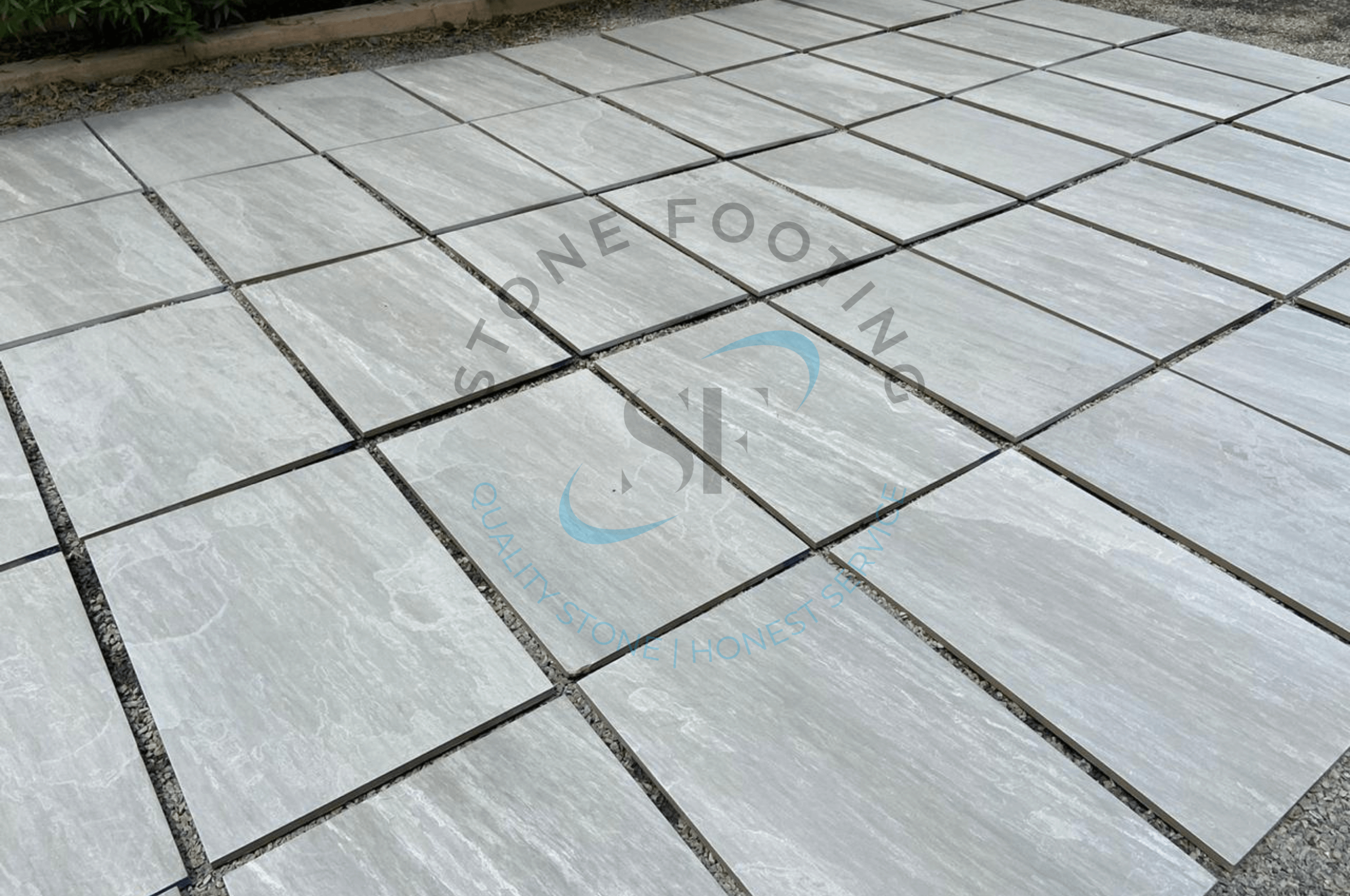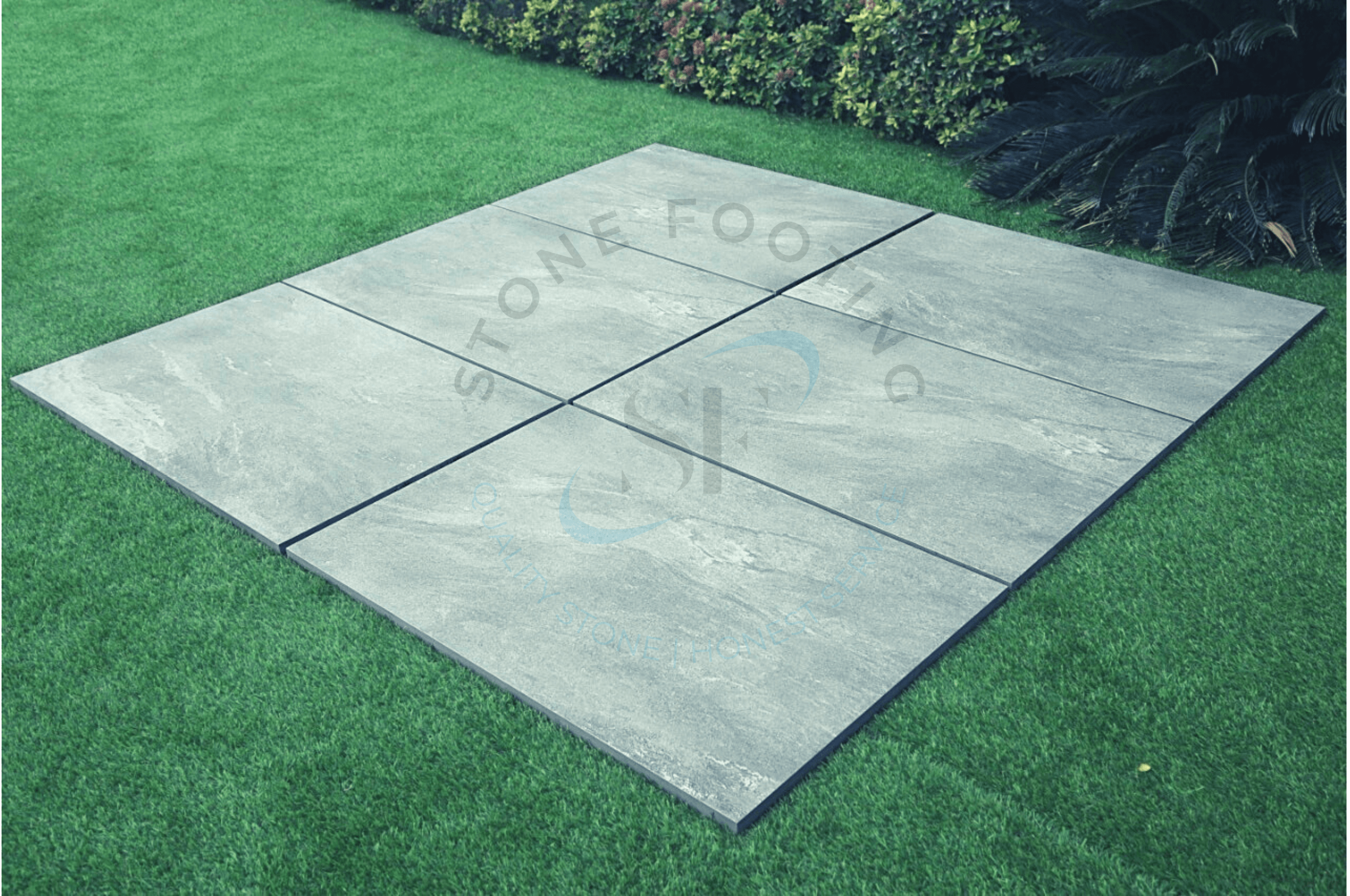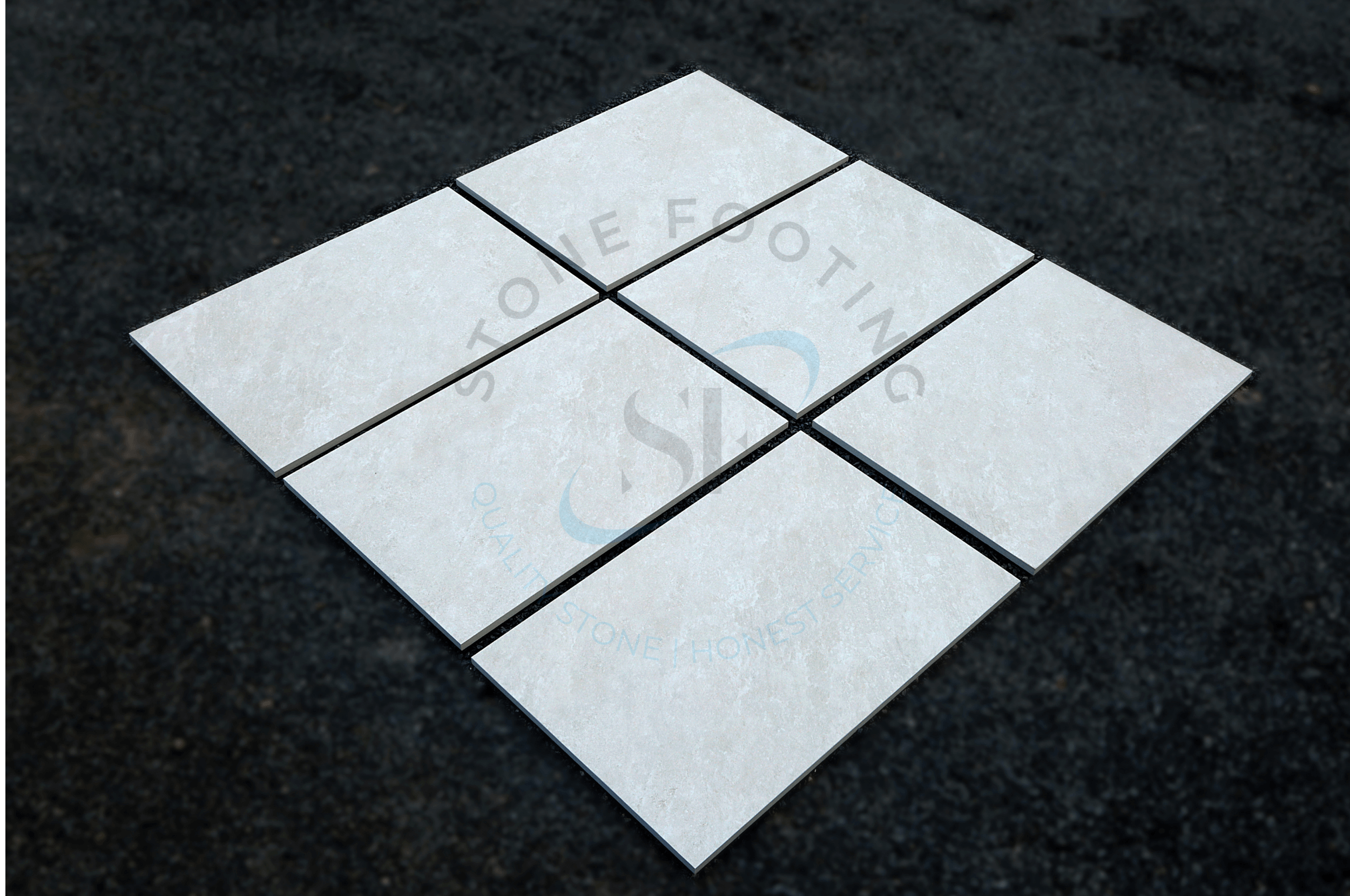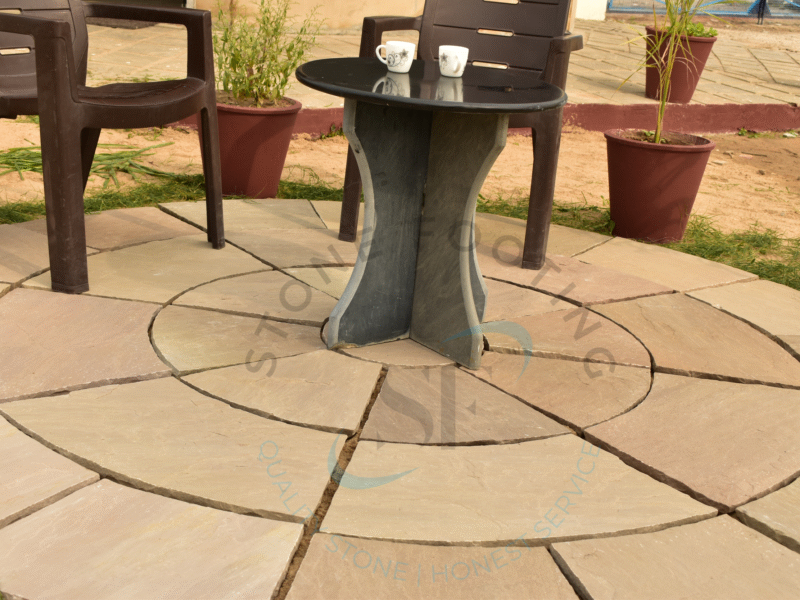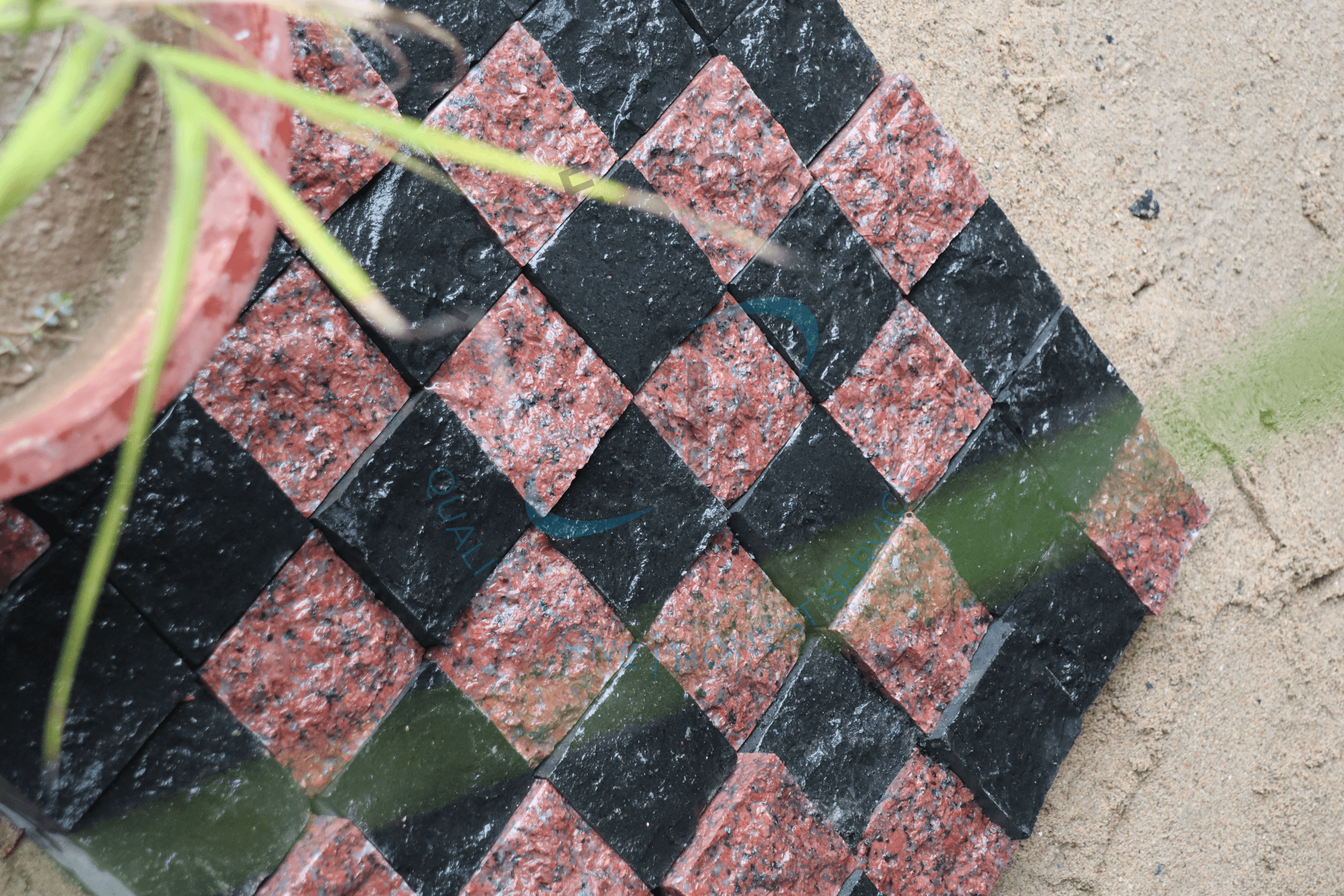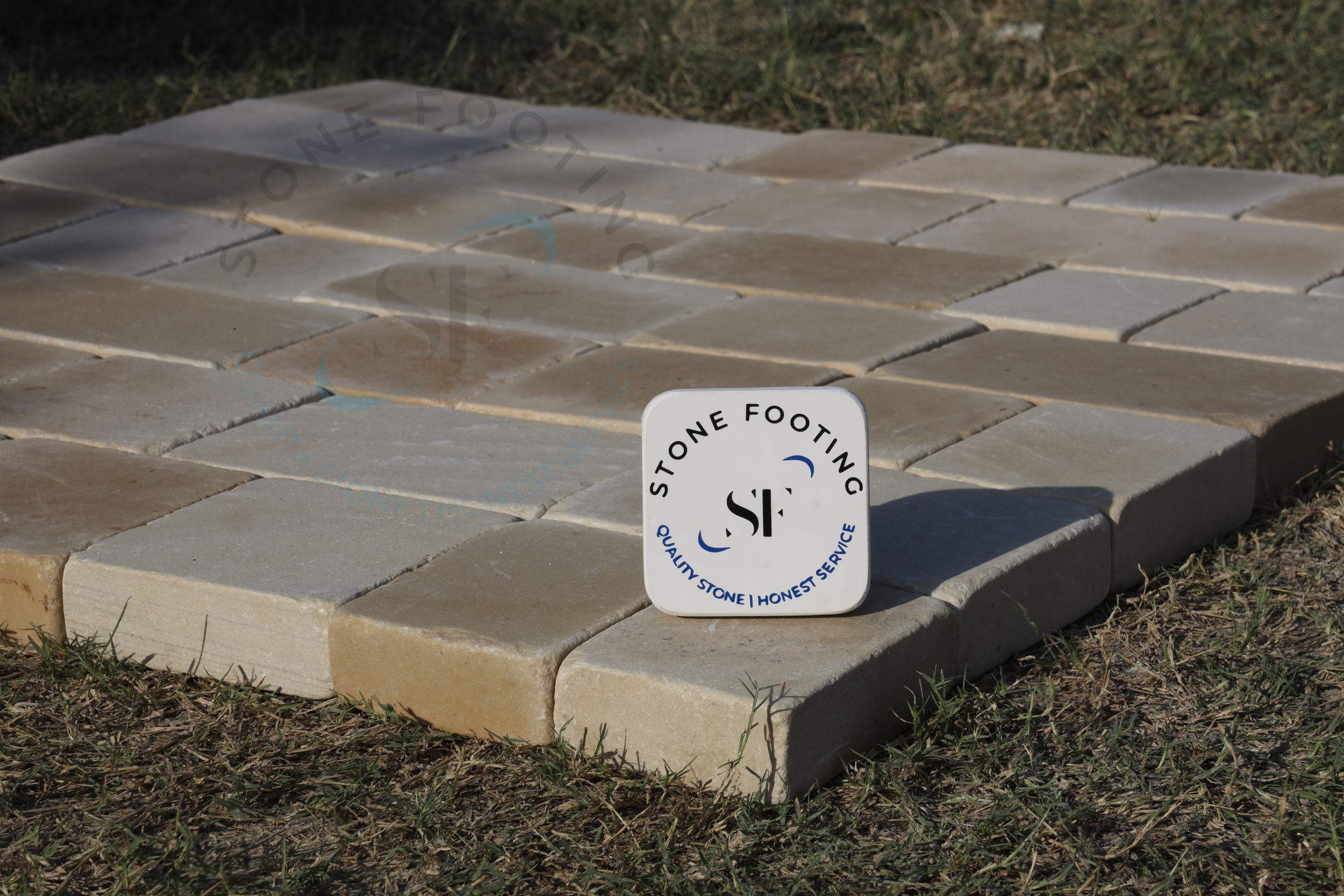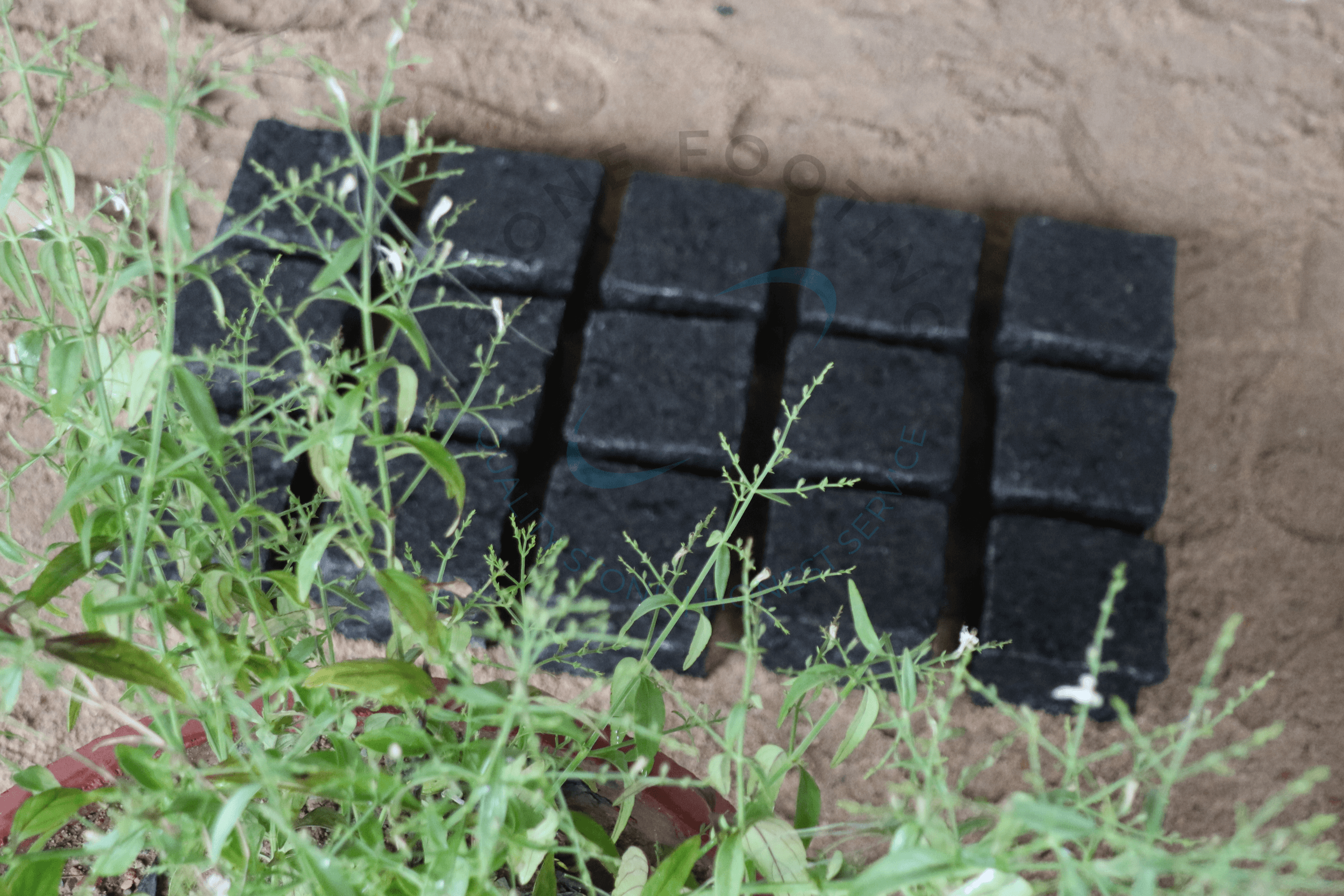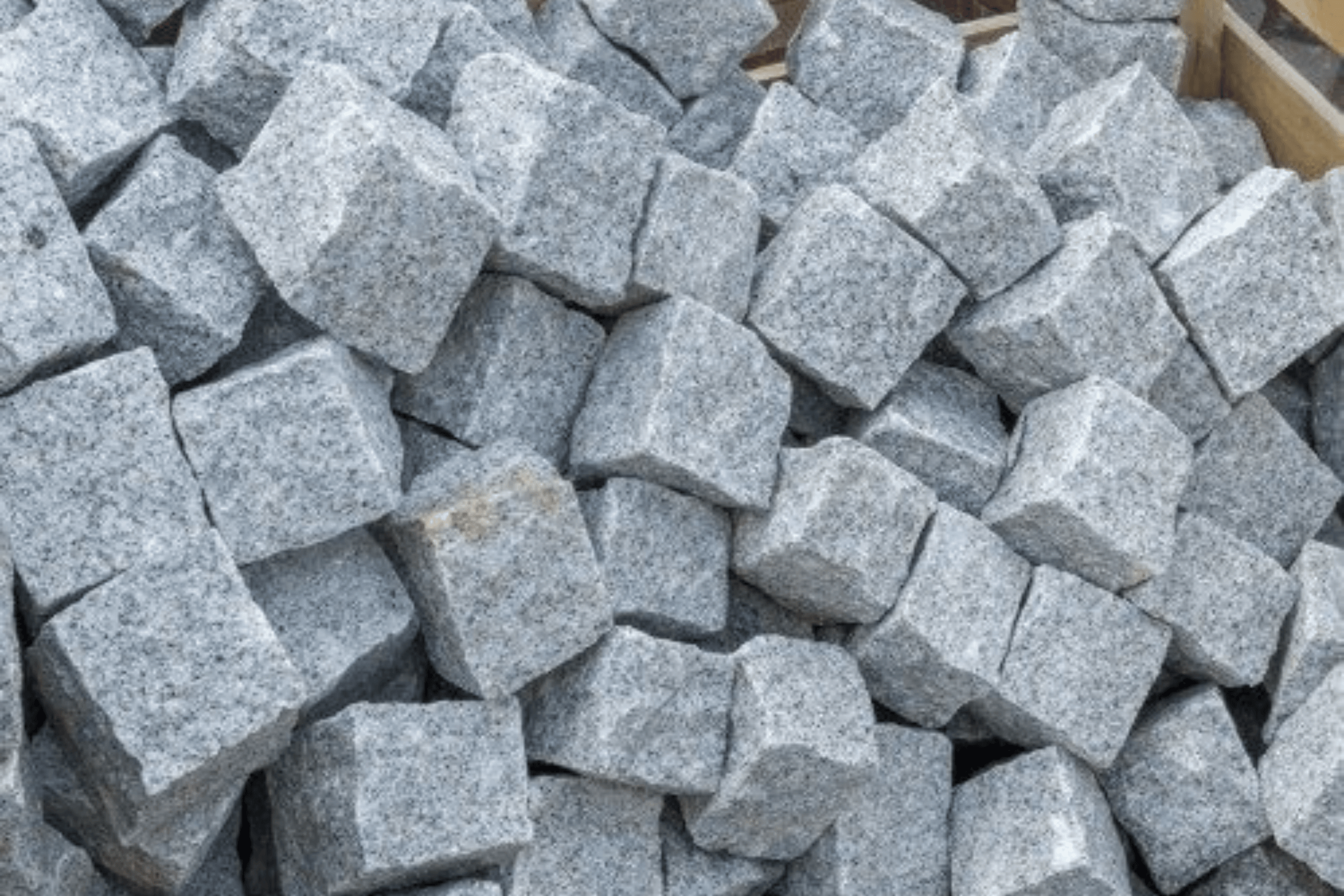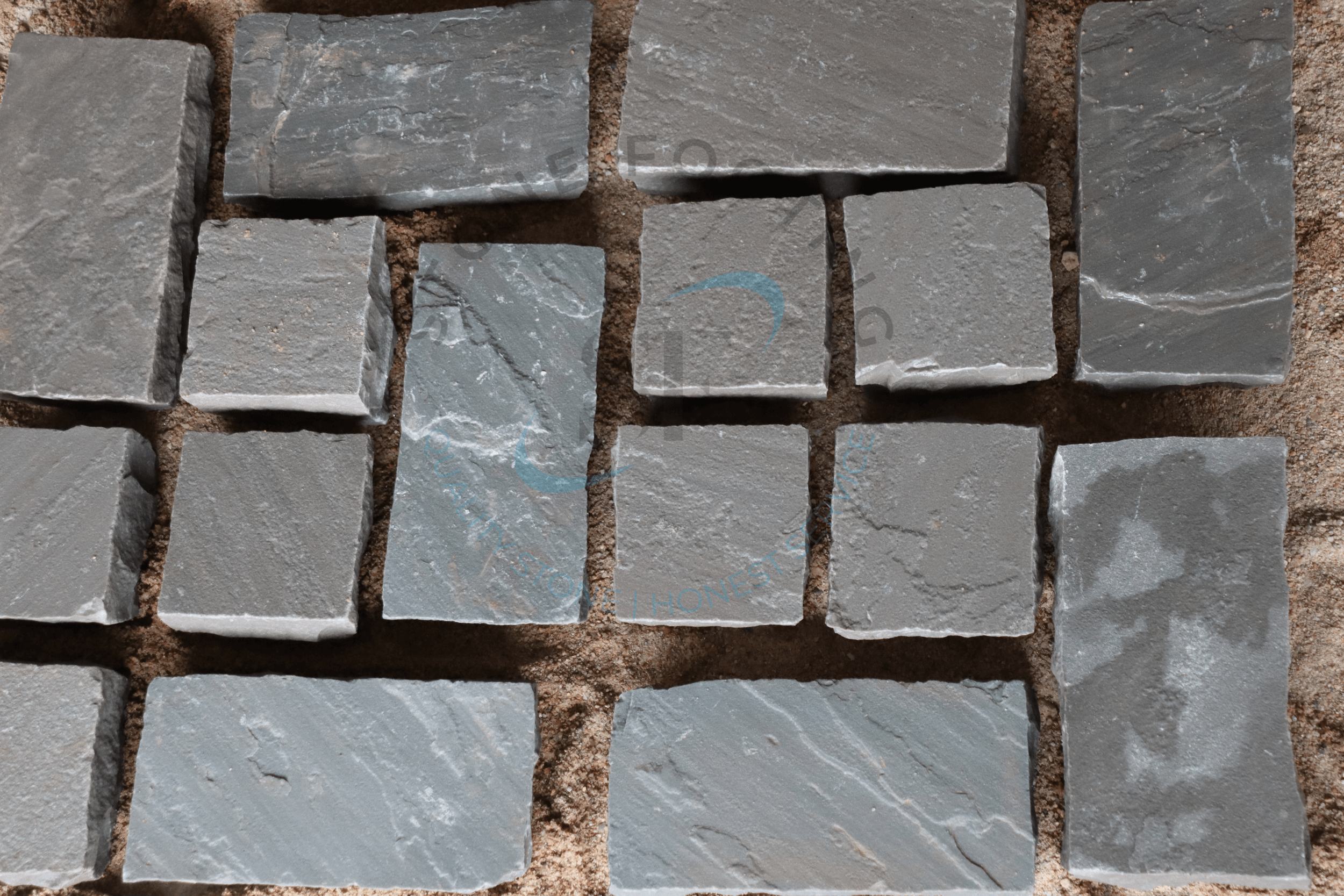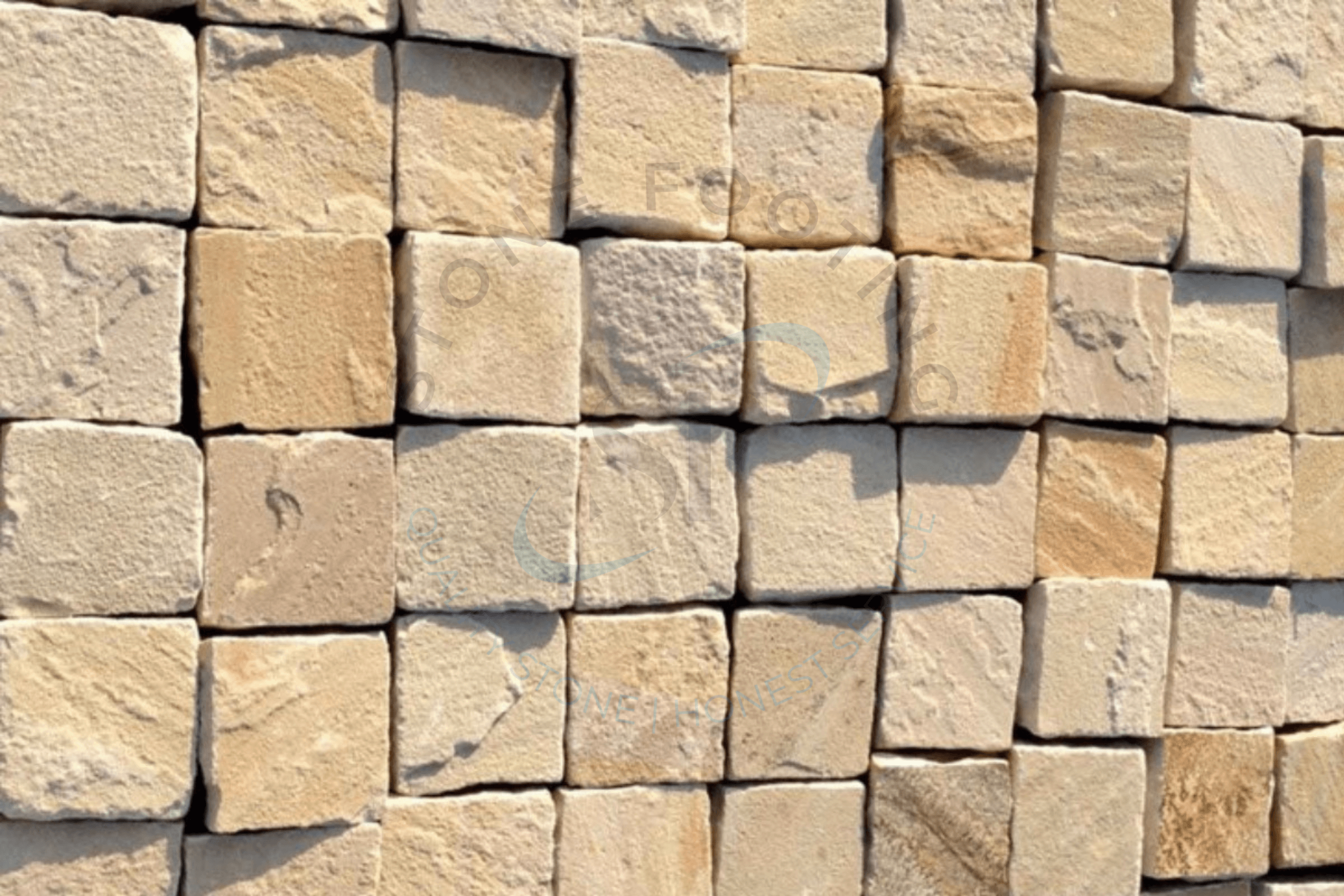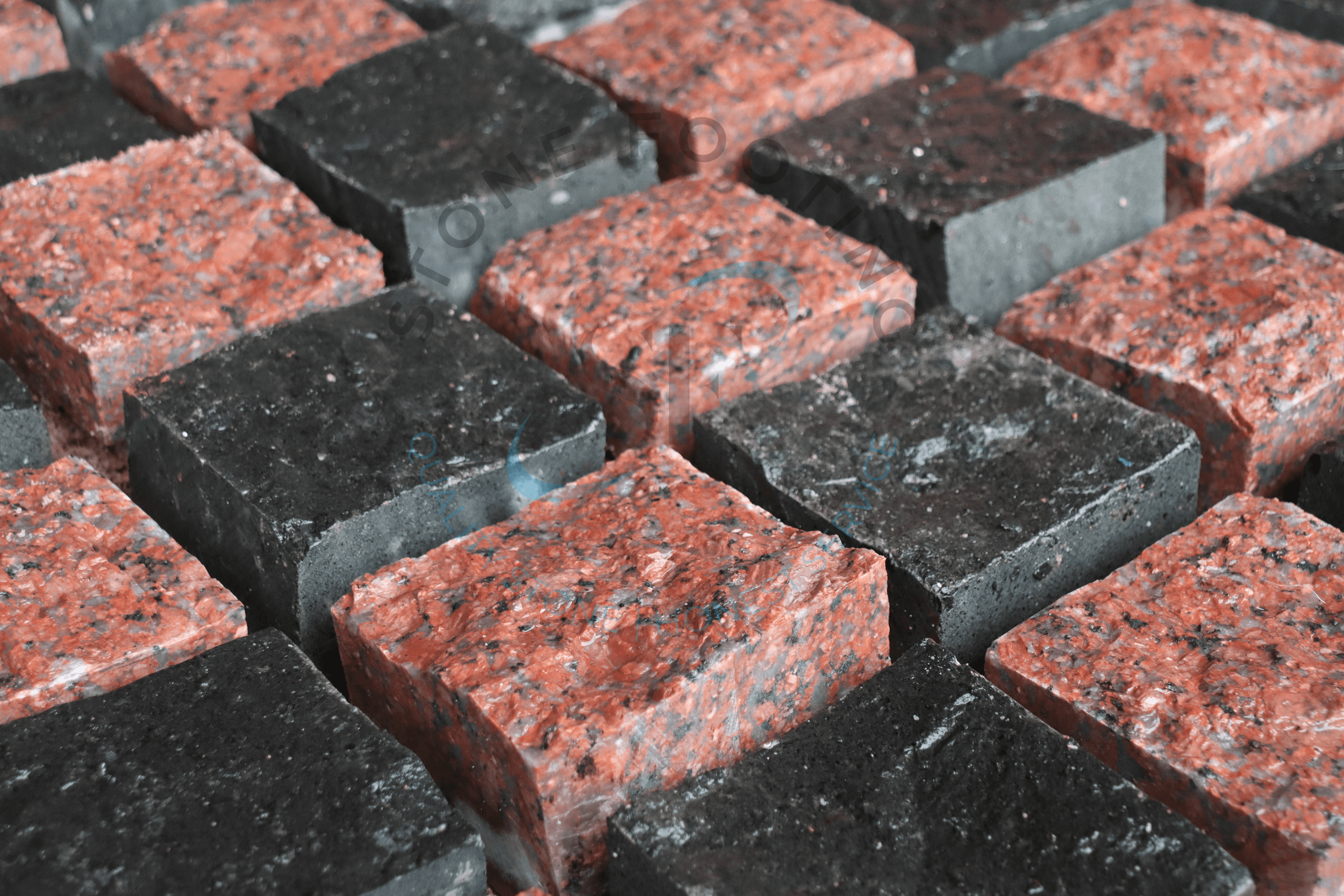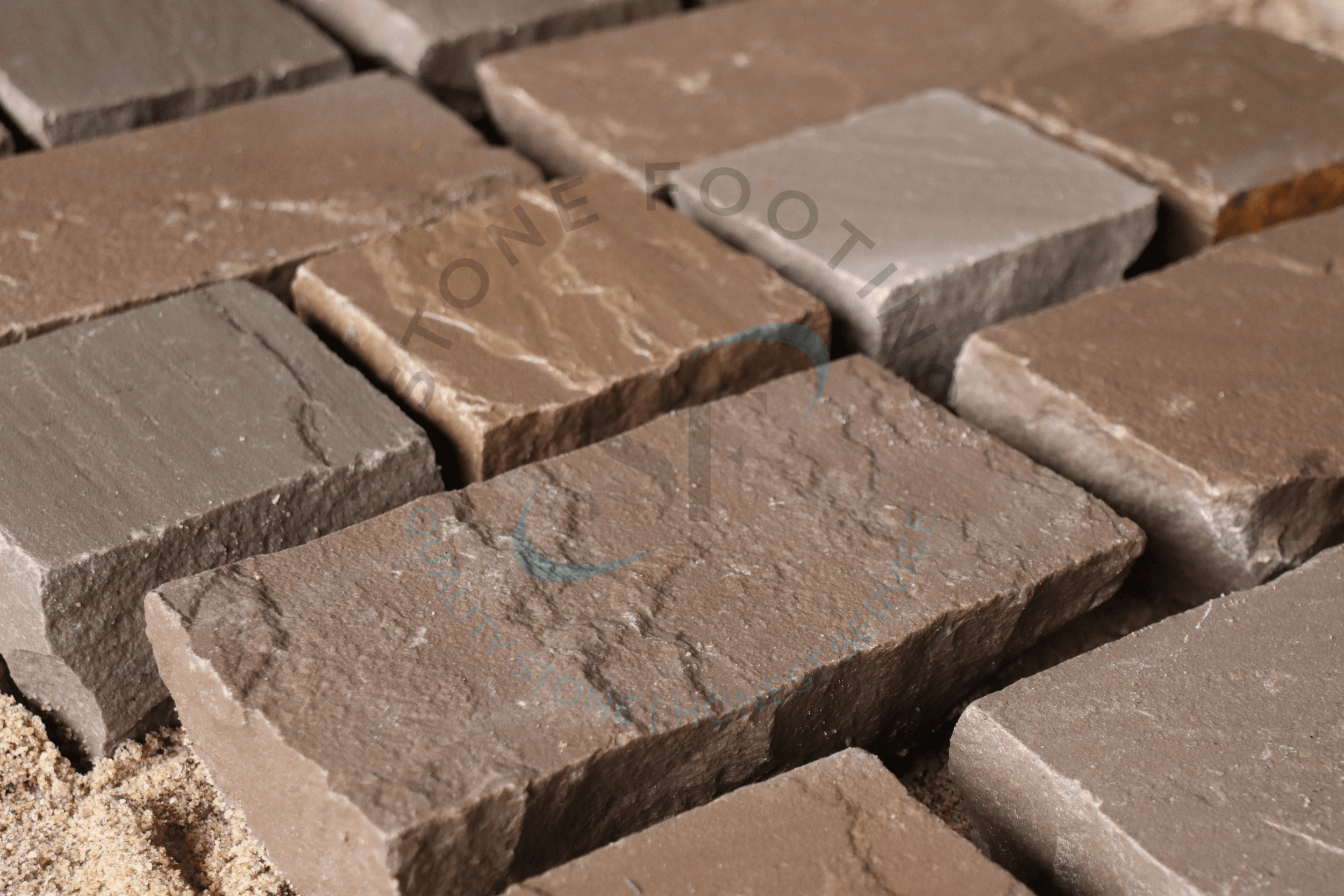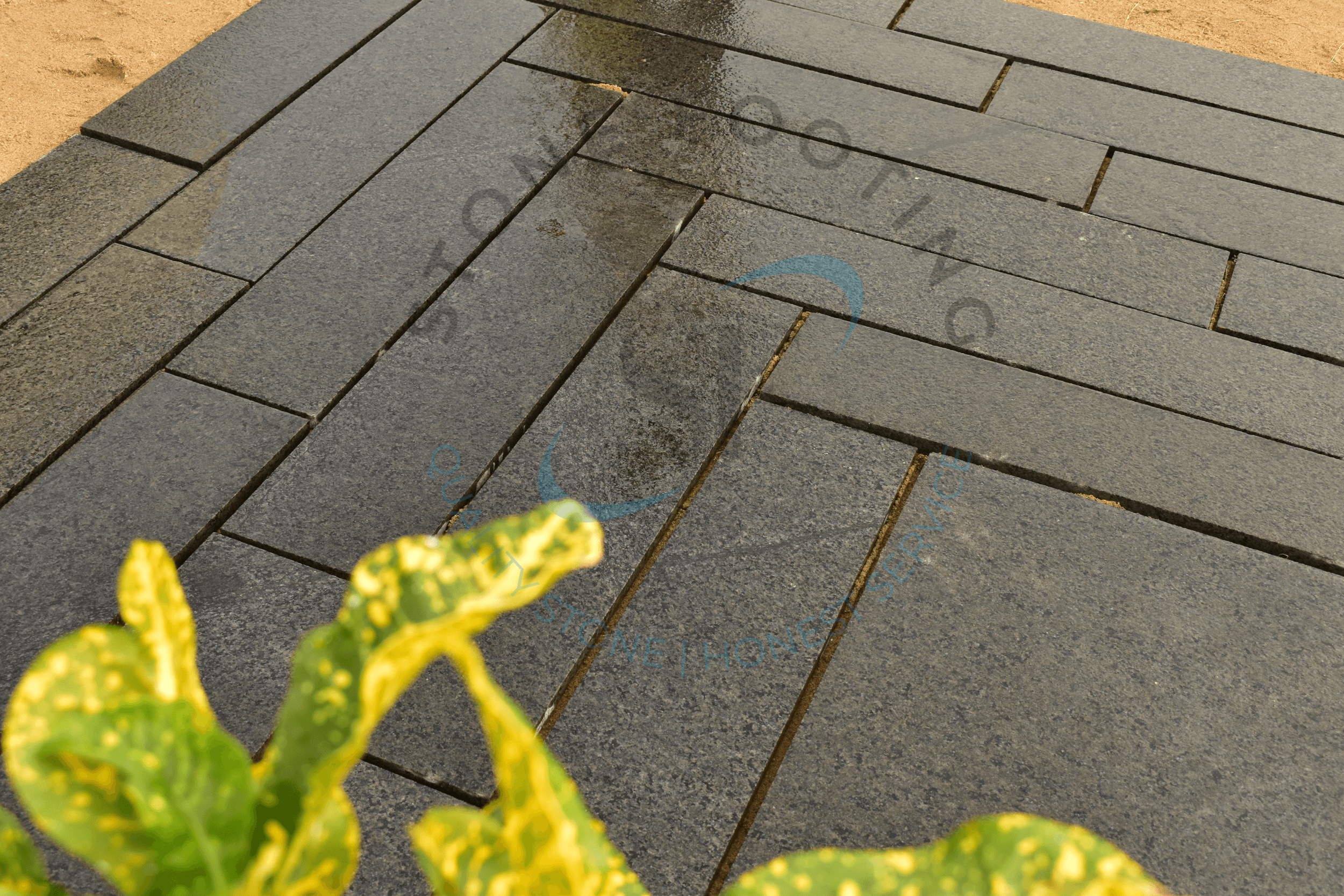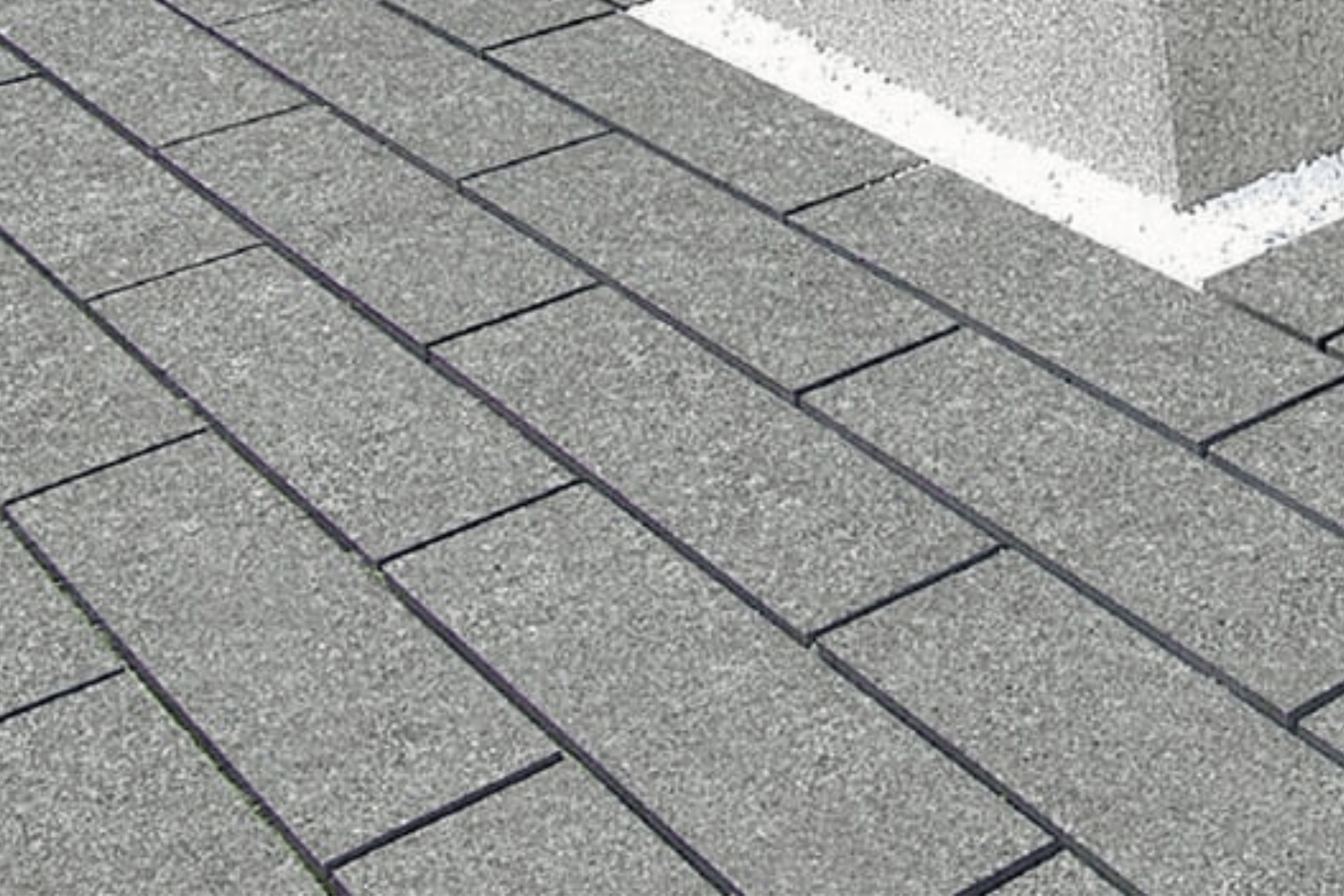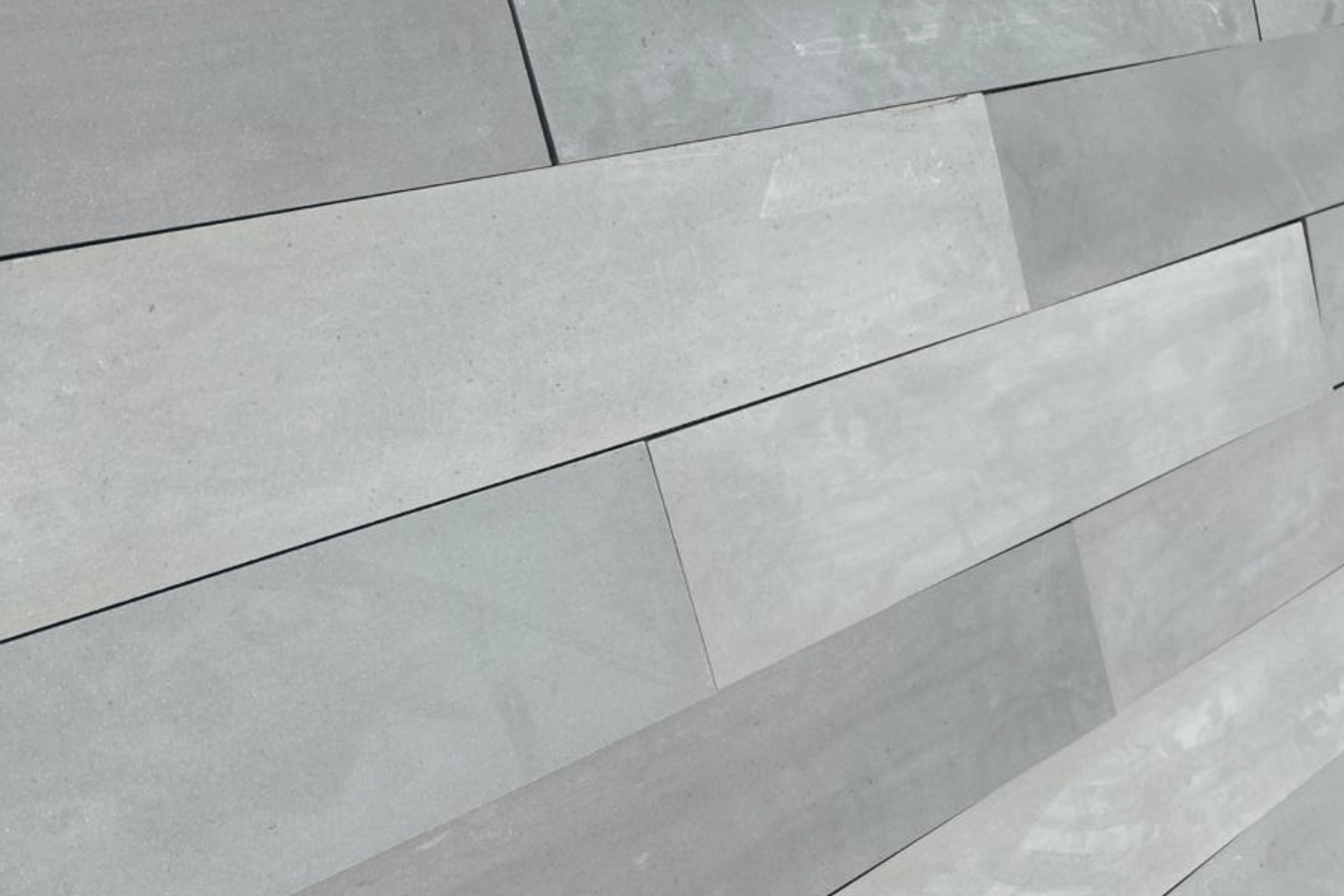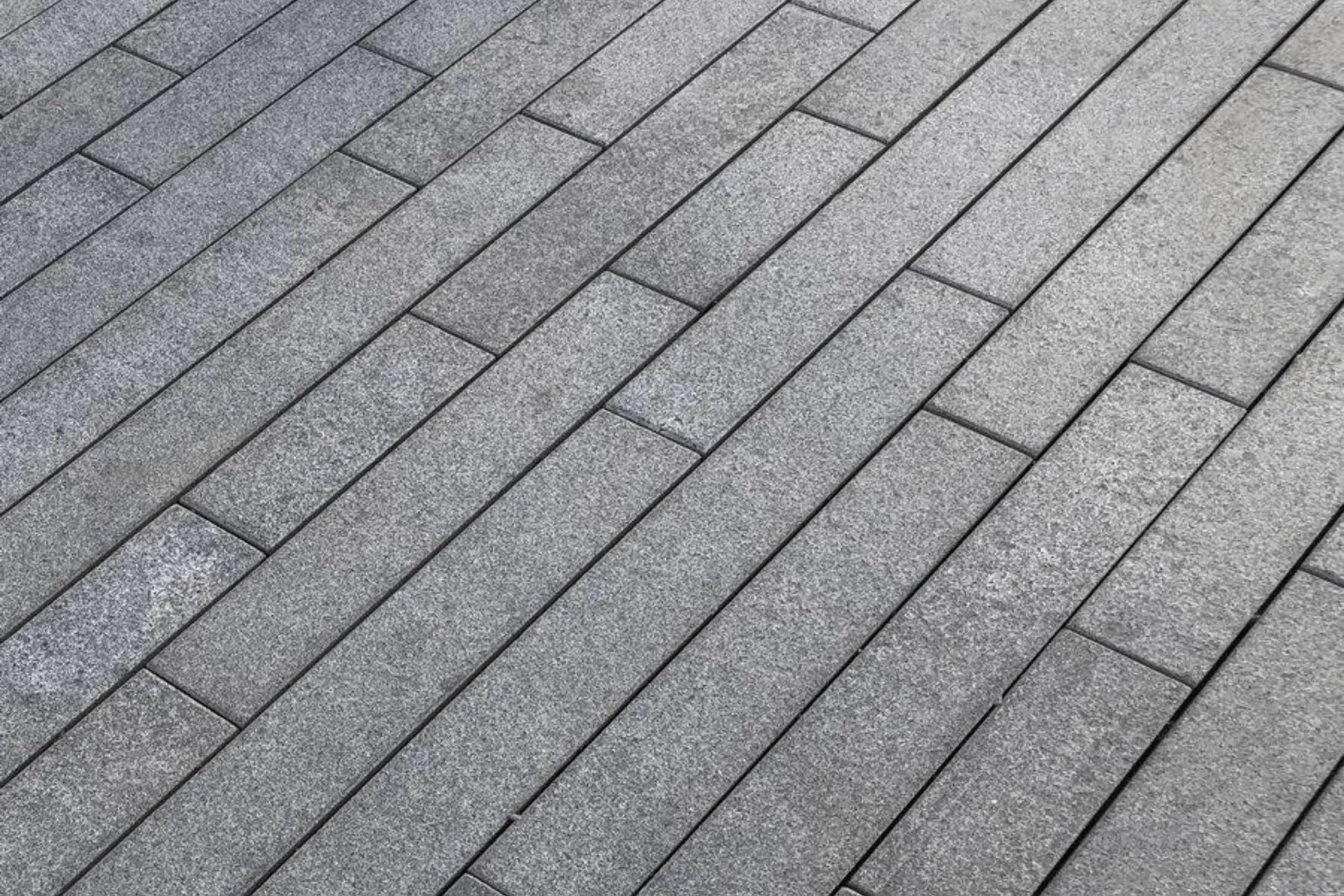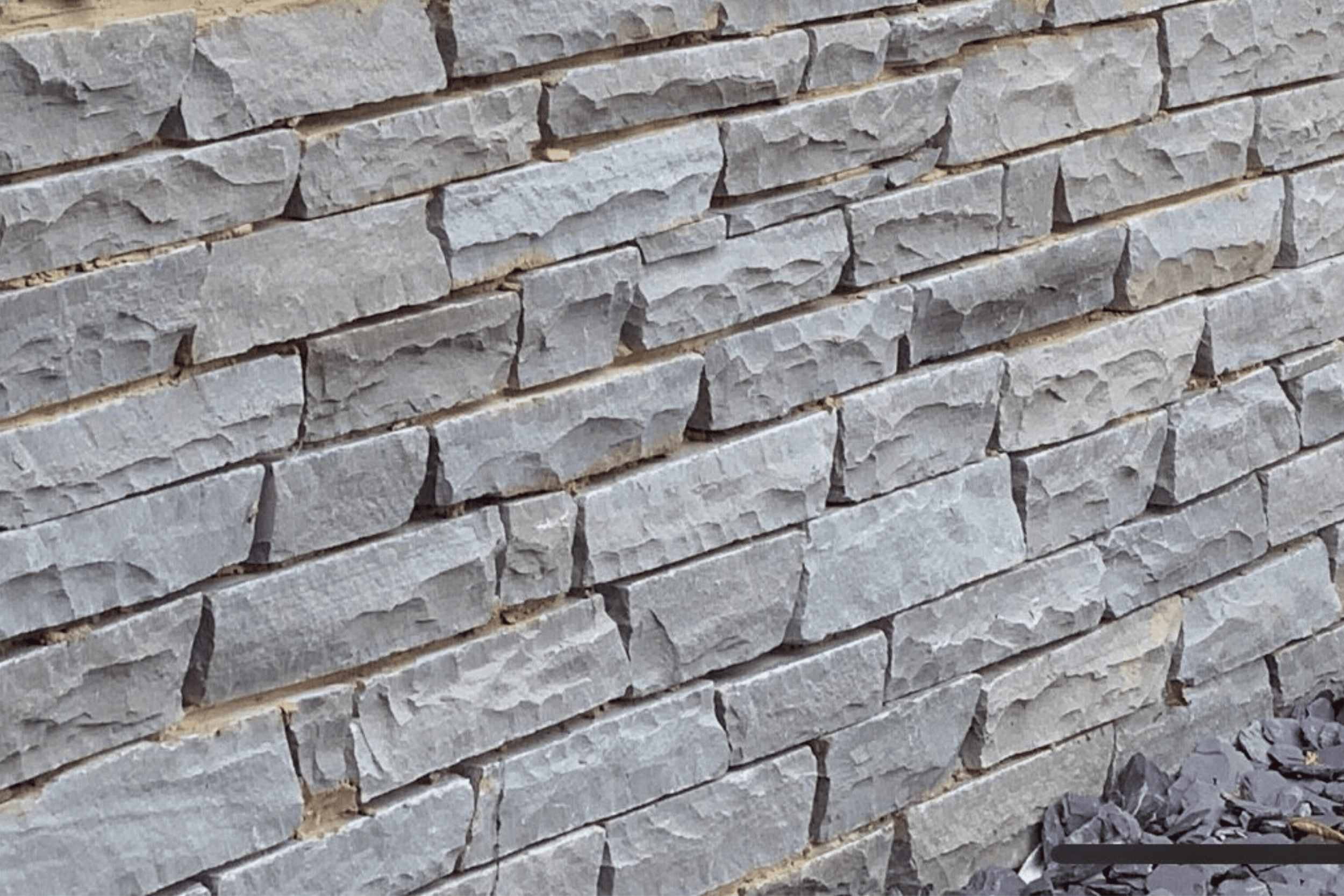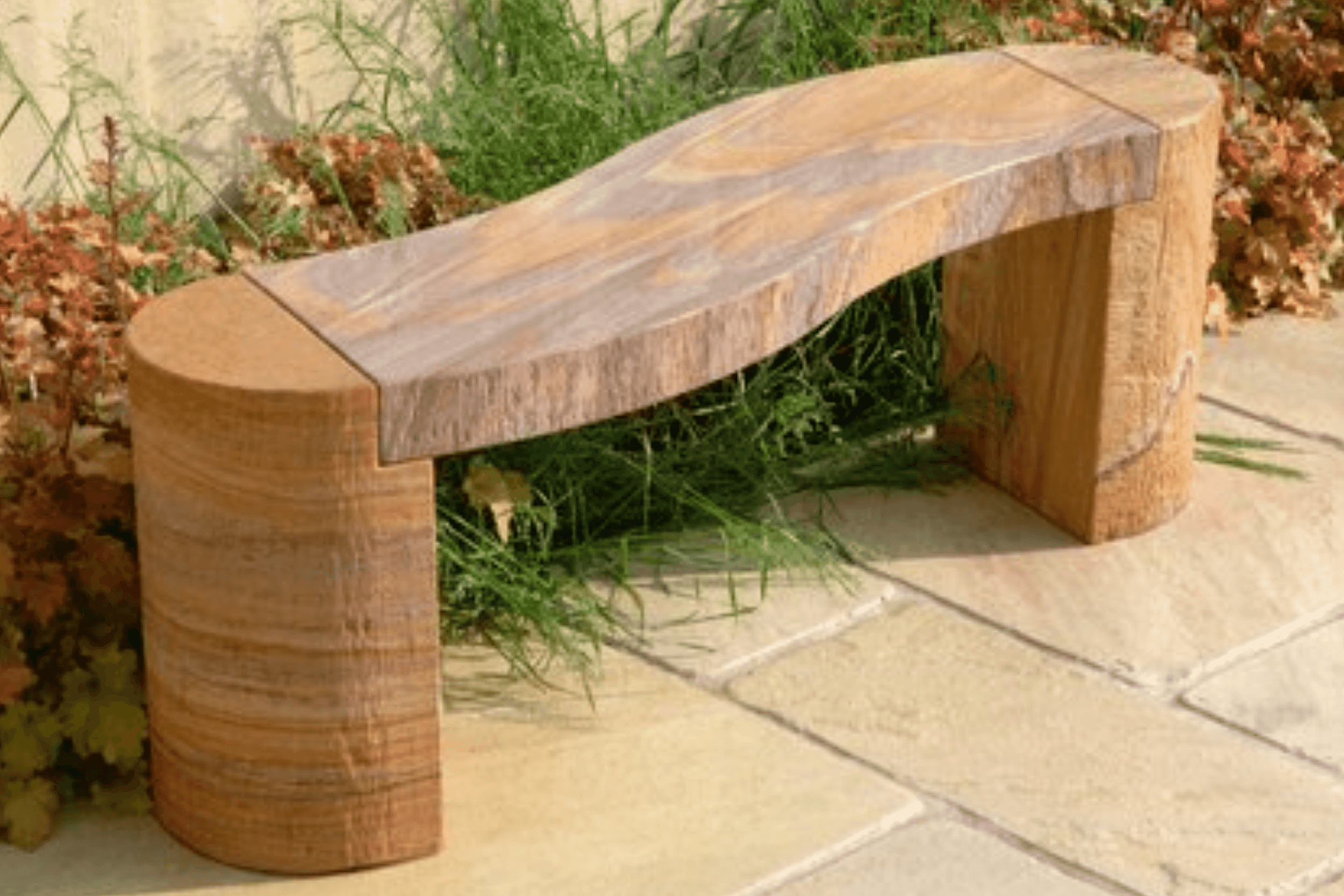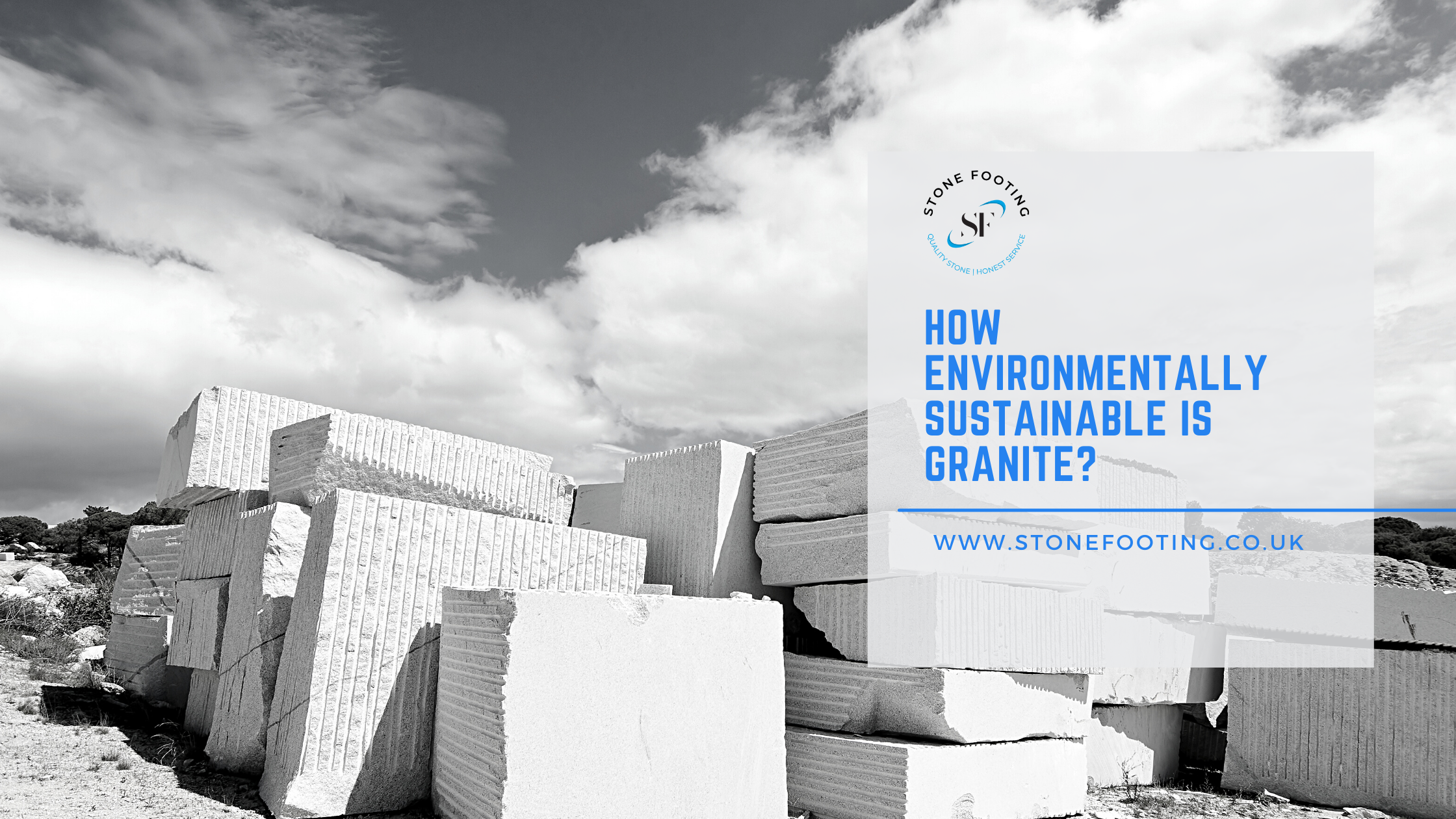Sustainable building is concerned with satisfying current construction demands without jeopardizing future generations’ capacity to meet their requirements. The astonishing thing is that we’re becoming more conscious of the environmental effect of development, and as a business, we’re constantly increasing our sustainable efforts.
The materials used in building like granite have a significant impact on the long-term viability of any structure. Various materials are commonly used in the building sector, but they raise the issue, “Are they ecologically friendly?”
Granite And Its Sustainability
Origin
Granite is a scarce commodity. It originates from mines all around the planet, and producing more of them takes millions of years. Theoretically, if enough granite is extracted from the earth, the earth will run out. Consequently, humanity has hardly taken full advantage of the granite resource throughout the millennia that they have exploited granite for various purposes. It is the most common form of stone on the planet, accounting for over 80% of the total surface area. It’s doubtful that we’ll run out of it very soon.
Transportation
The majority of granite slabs used in UK residences are imported from foreign nations. Granite from local mines is accessible. However, it is considerably more expensive due to restricted supply and high labor costs. Different kinds of styles and finishes, such as hardwood, are likely to be transported as well. When the granite originates from a reasonably close origin, these pollutants are substantially lower.
Packaging
Granite suppliers ship the products as slabs secured to reusable pallets, so waste products from packaging is not an issue. Retailers do have to cut the slabs before installation, which kicks up a lot of stone dust and volatile organic compounds into the atmosphere. Nonetheless, if the question persists that are granite countertops or flooring good for health conscious individuals, then professional countertop providers use sophisticated facilities and follow regulatory requirements when completing this process, lowering health hazards to negligible levels. They also utilize non-toxic sealants throughout installation, reducing the environmental impact of granite even further.
Maintenance
Maintaining granite worktops has the same effect on the environment as cleaning just a few plates. To remove dust, use weak or light dishwashing detergent and a gentle sponge, and wipe with an alcohol and water combination now and again. It’s doesn’t necessitate any use of specialized household cleaners because it does not readily peel, discolor, or fracture under regular use. Grime, oil, and grime are easily removed from the glossy coating. Some granite countertops need to be sealed after construction and resealed every several years if used often.
Well, environmental sustainability will be around for a long time. Natural stone architecture for homes offers a diverse range of possibilities. The option to build with natural stone is a highly individual one, but durability should be considered to aid decision-making. Discuss your aims and the unique demands of your construction with an educated stone specialist so that you really can select the most environmentally friendly alternative, one that you will also appreciate for so many upcoming years.
Therefore, if you’re hunting for high-quality natural stone for residential or commercial applications, look no further. Connect with Stone Footing, a natural stone distributor recognised for providing high-quality natural stones.
Frequently Asked Questions
What is the granite atmosphere like?
Granite may be found on the surface in the foundations of numerous hills and mountains, vast expanses known as “metasedimentary rocks,” and the values or interests of hemispheres known as “shields.” Granite’s massive crystallites indicate that it hardened gradually from the liquid rock material.
How does granite form in disposition?
Granite is a known natural rock created underground deep within The earth over long periods as magma or lava cools beneath pressurized conditions.
Is granite an extrusive or an intrusive material?
Granites are intrusive.
Granite is grainy and coarse in texture and includes more than 70 percent weight percent silica.

